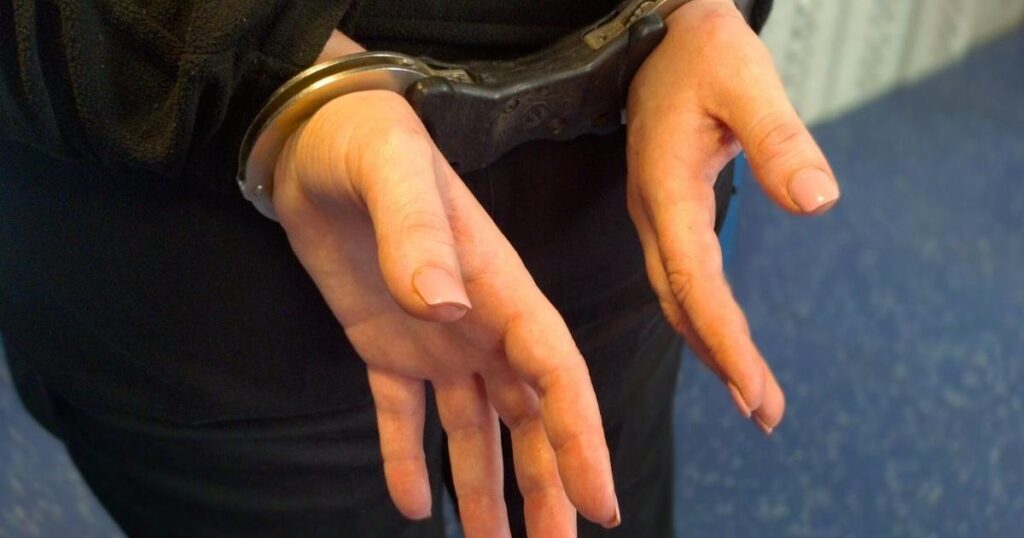Anthony MacLean was handed a life sentence for three rape convictions at the Old Bailey in 1989, after attacks on seven women over a six-year period in west London, where he lived.
He also received concurrent determinate sentences for attempted rape, robbery and burglary. He would break into his victims’ homes, remove lightbulbs and wait for them to come home.
The Parole Board said MacLean “enjoyed a sense of power” over his victims, and would use masks to hide his identity while he threatened the women with a knife, gagged and punched them.
MacLean was first eligible to be considered for parole after serving his 12-year minimum term, and was transferred to open prison twice amid 13 reviews by the Parole Board.
In a decision summary, the Parole Board said MacLean, now in his 60s, was sent back to closed prison in October 2024 after breaching the terms of his temporary release into the community.
It added: “The panel accepted that Mr MacLean’s remorse over his decision to breach his temporary release licence was genuine and that he had accepted responsibility for his actions.
“On considering the criteria for recommending placement in open conditions, the panel recommended that Mr MacLean should be returned to an open prison.”
Open prisons have minimal security and allow eligible prisoners to spend most of their day out of prison on licence, for example to carry out work or education.
It will be for Justice Secretary David Lammy to decide whether to accept this recommendation for MacLean.
After the Parole Board hearing on September 30, the panel rejected that MacLean be released from prison, for the protection of the public.
The summary said that at the time of his offending, MacLean had views that supported violence as a way of expressing himself and gaining respect.
It added: “He enjoyed power and dominance over others and struggled to manage extreme emotions or solve life’s problems.
“The panel also considered Mr MacLean’s risks to include a sexual interest in violent sexual activity and his need for sexual gratification.”
Witnesses at the hearing told the Parole Board that no further work to reduce MacLean’s risk could be done in closed prison, and recommended he be moved back to open prison so he could “continue to be tested in a less restrictive setting”.
The summary added: “Release was not supported at this stage because it was felt that there remained a need to ensure that Mr MacLean would be honest and that he would comply with his licence conditions.”




